AI Act and Data: Why compliance requires reliable data
The AI Act, the first European regulation on artificial intelligence, comes into force as early as 2025. Behind this ambitious text, a simple idea: for AI to be reliable and trustworthy, it must be based on quality, traceable and transparent data. This article explores the direct link between regulation and data management, and shows why compliance is also becoming a strategic opportunity for businesses.
.png)
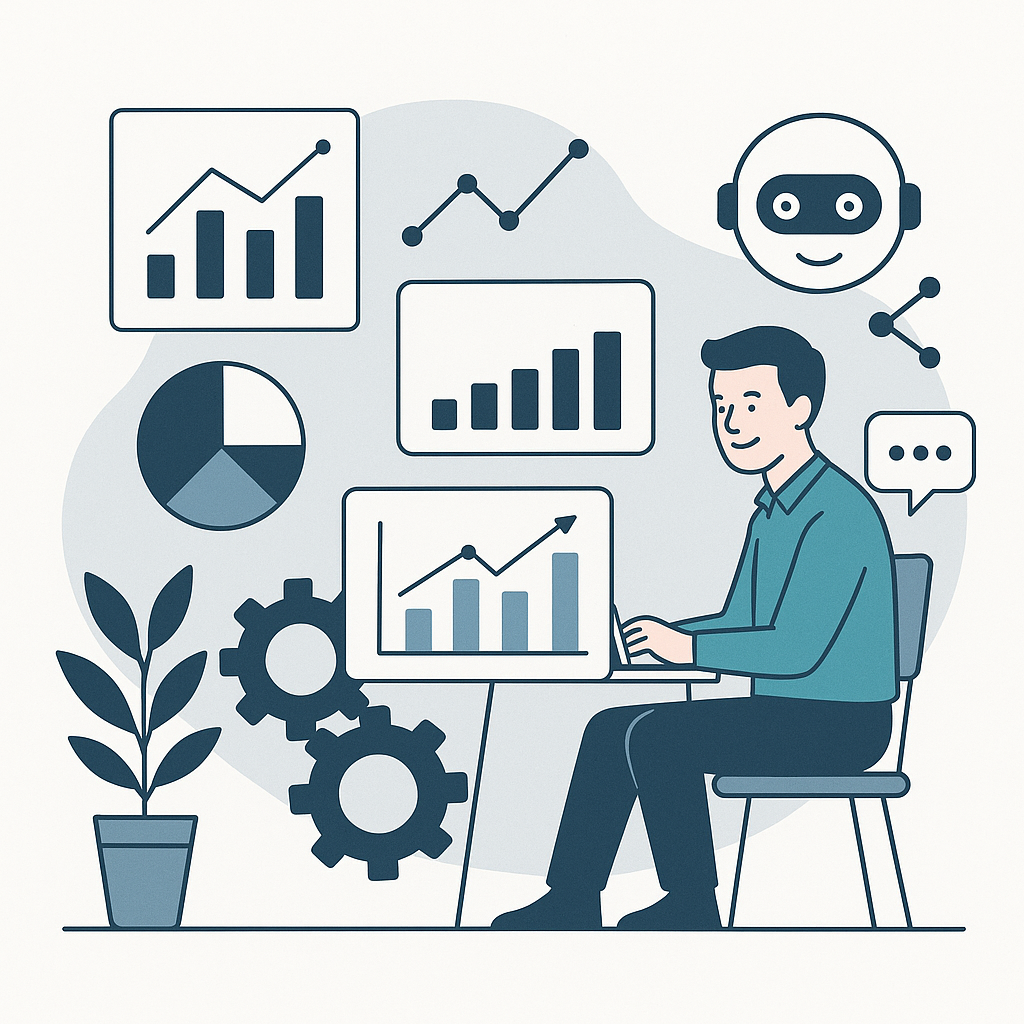
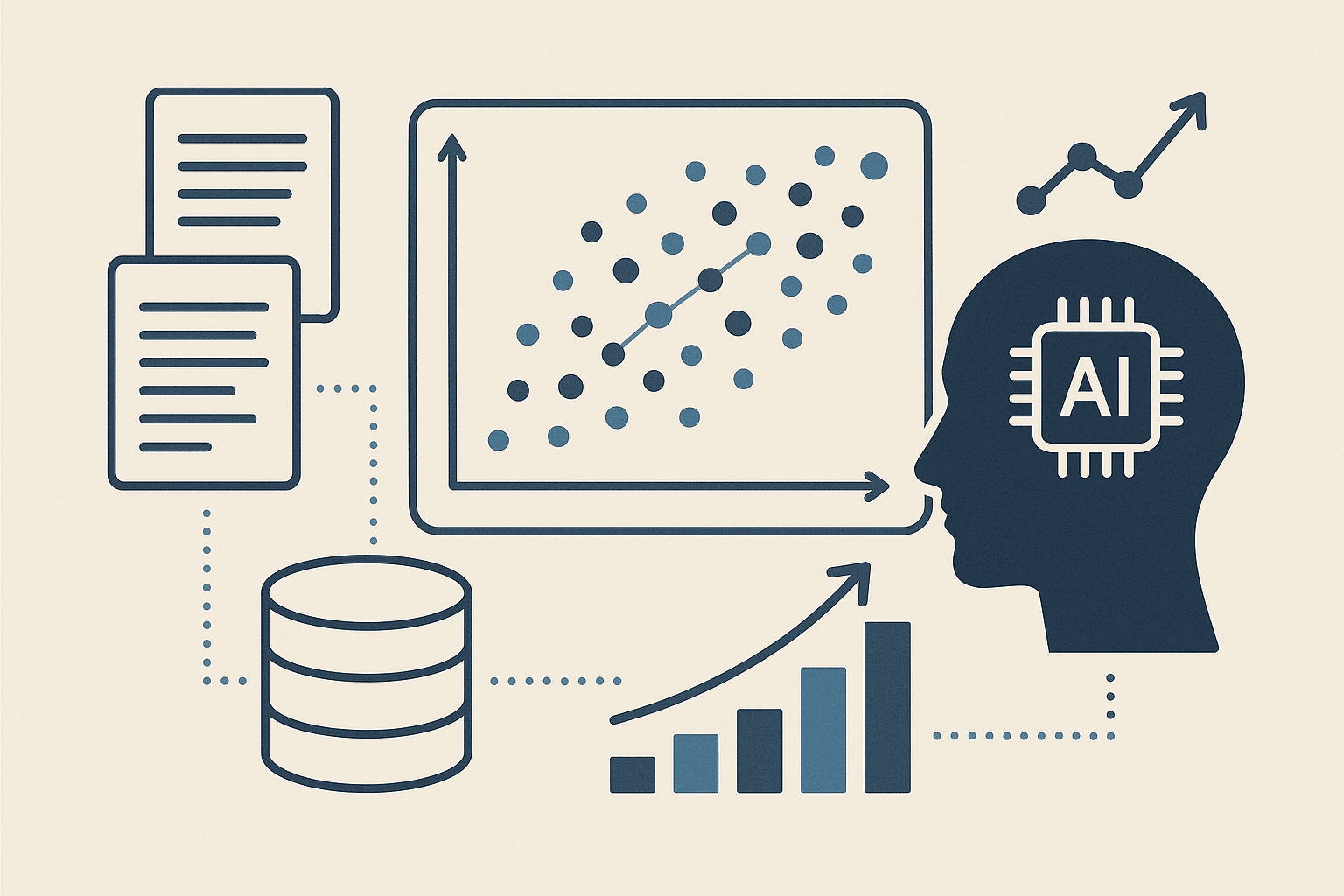
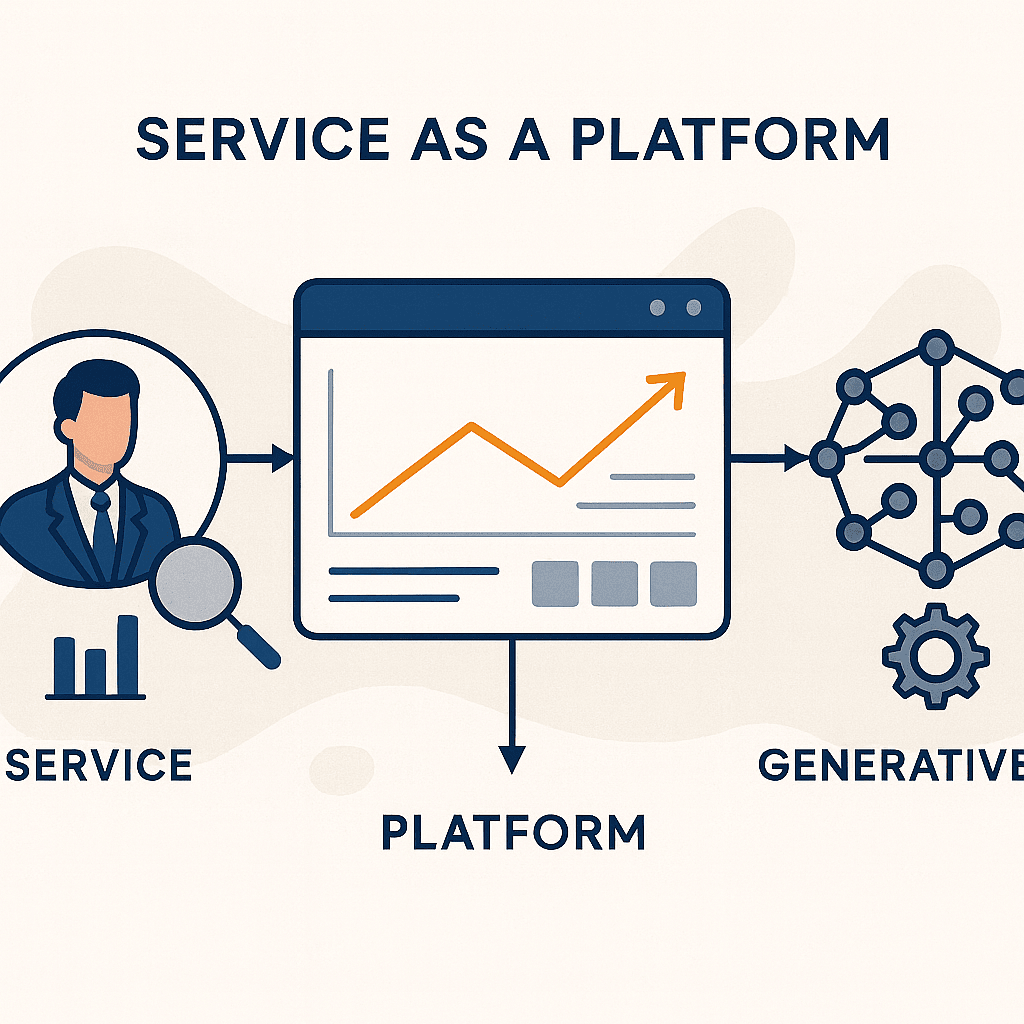

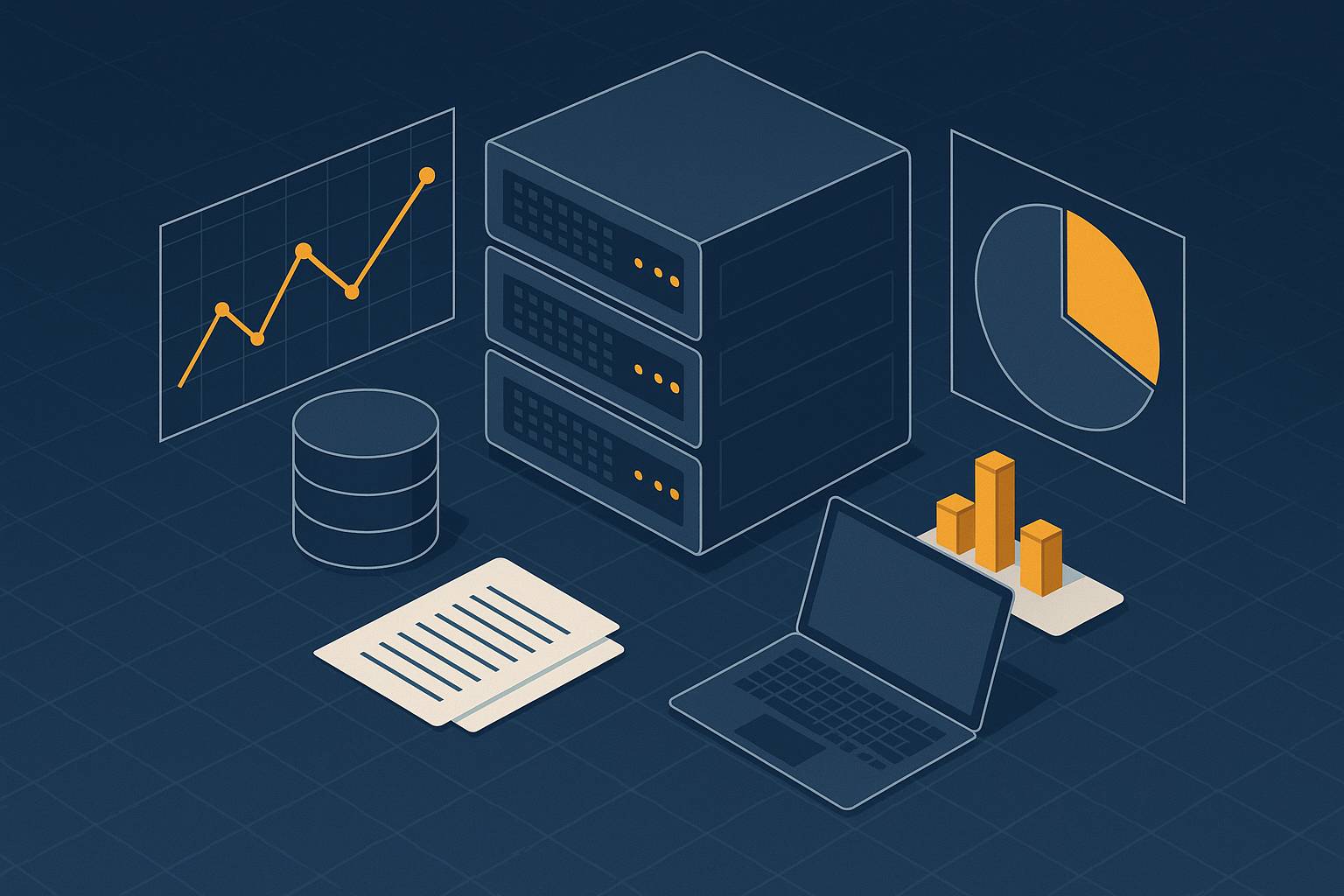
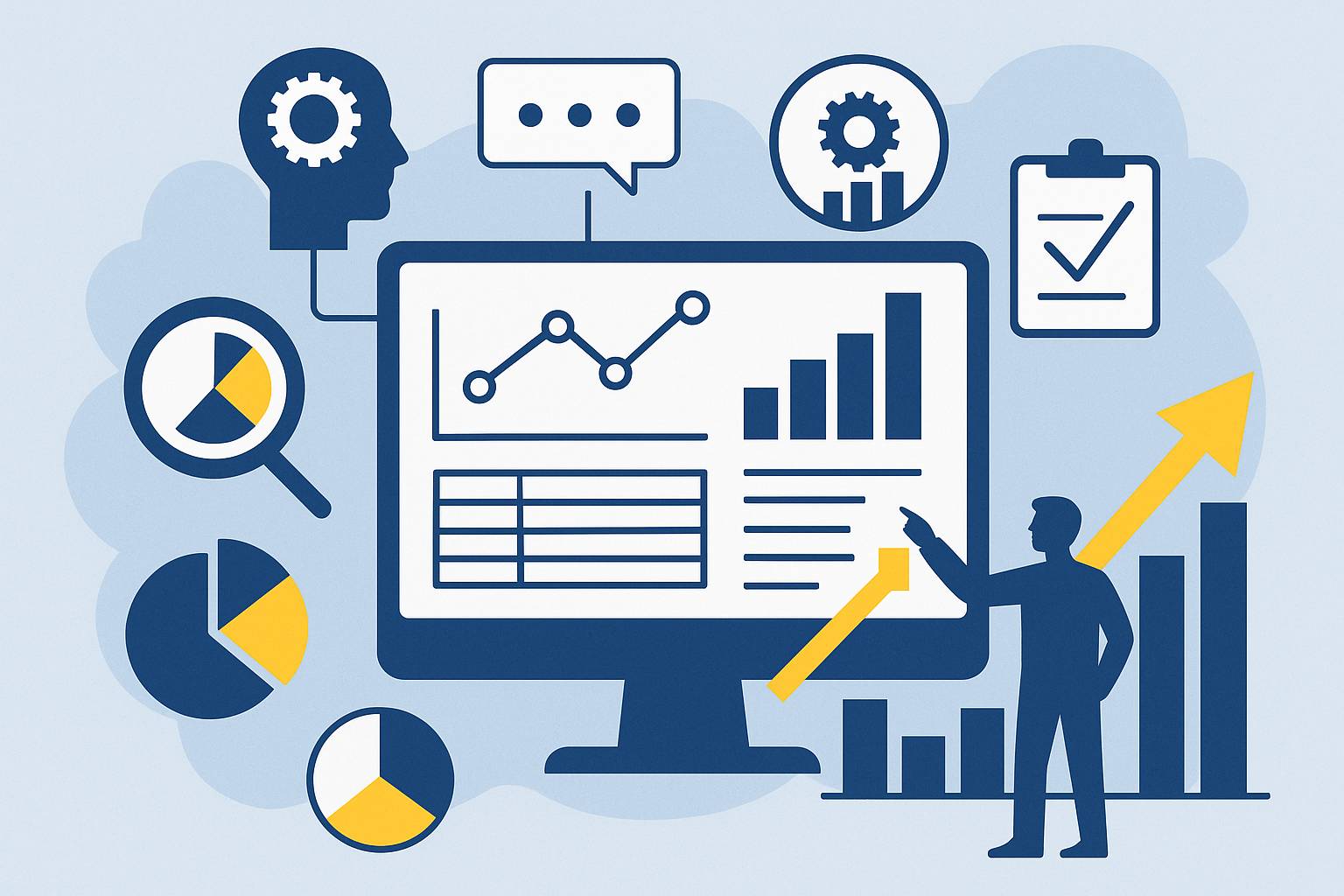
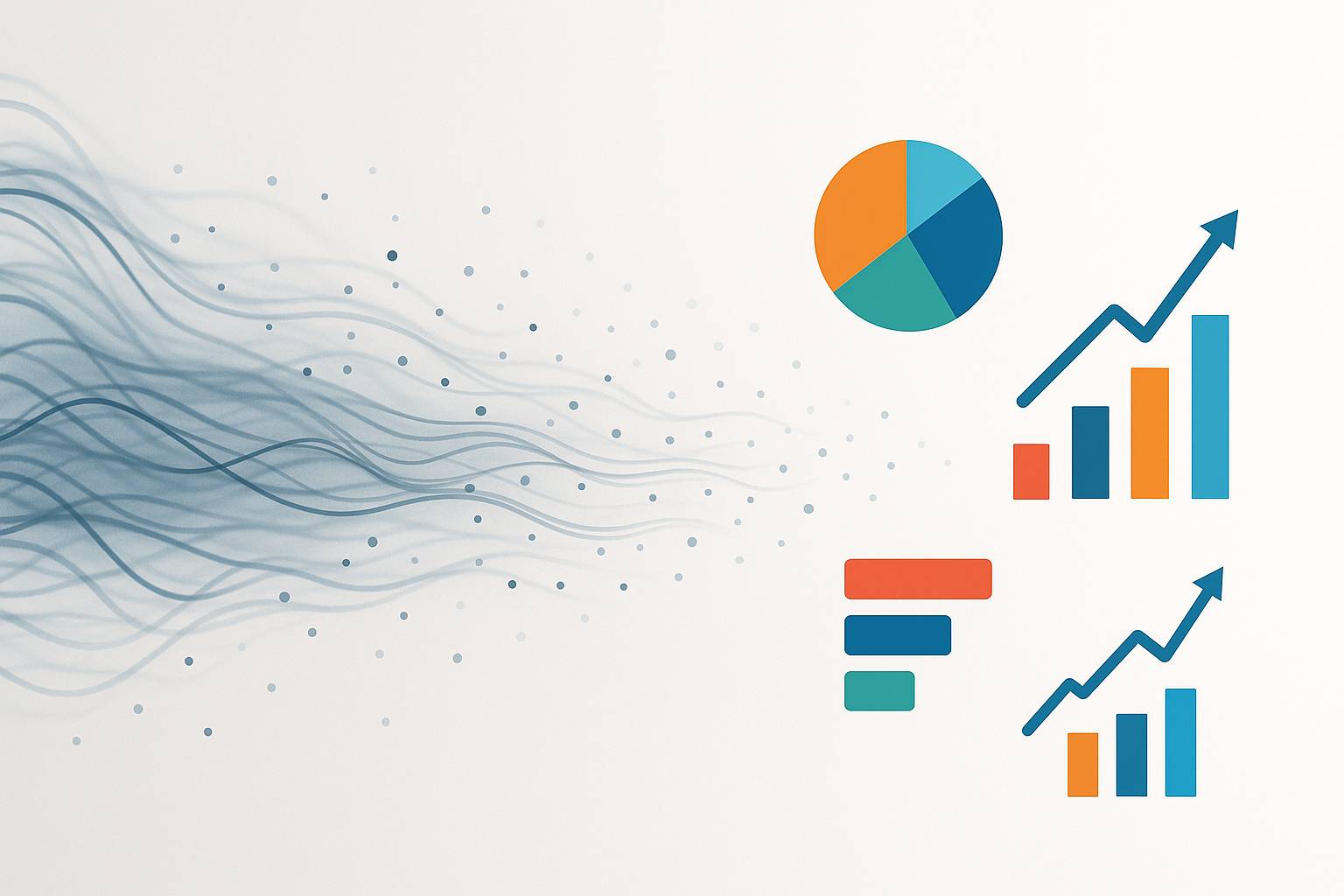



.png)

.png)
.png)



.png)